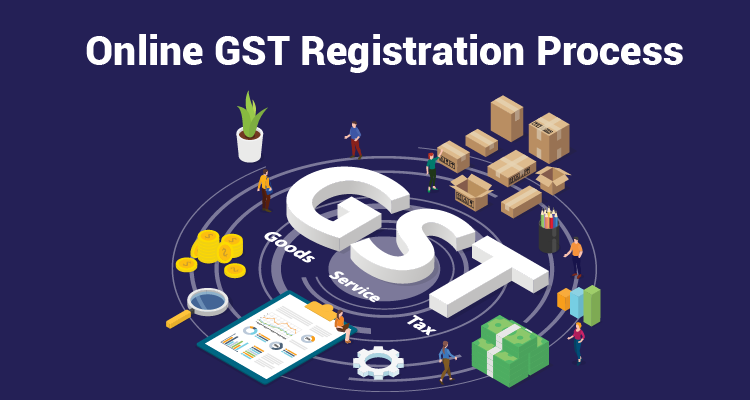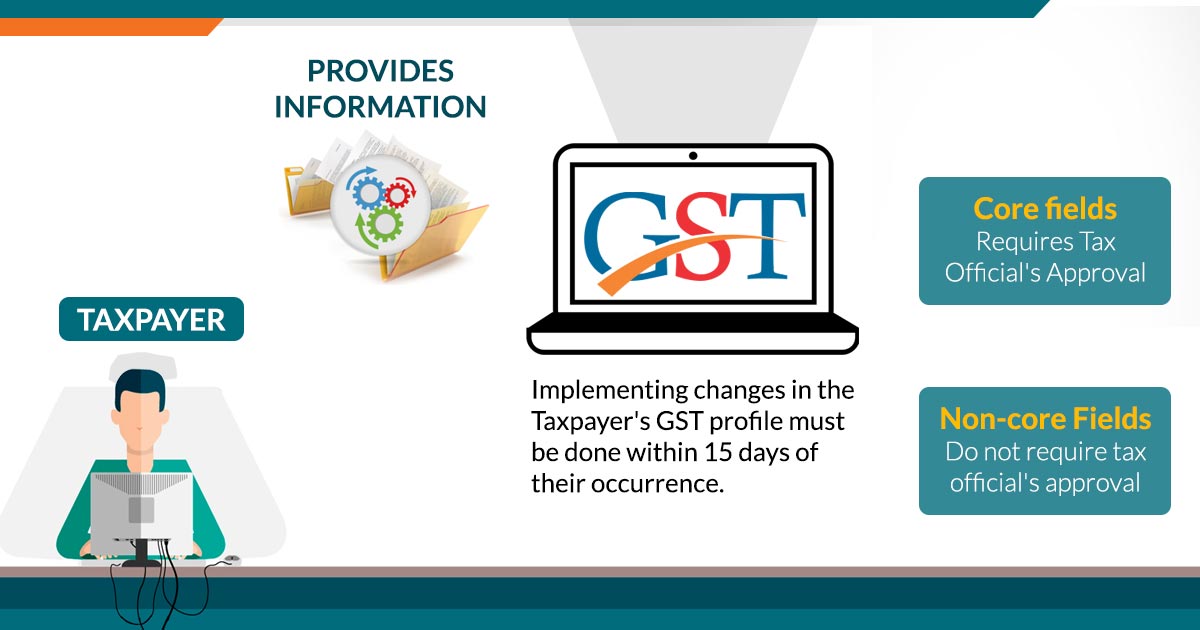How to Discover the very best GST Registration Services in Singapore Swiftly
How to Discover the very best GST Registration Services in Singapore Swiftly
Blog Article
Throughout: The Ultimate Roadmap to GST Enrollment for Organizations Seeking Financial Stability
Browsing the complexities of Product and Services Tax (GST) enrollment is a vital step for services making every effort for financial security. From comprehending the basic principles of GST to following post-registration guidelines, the process can appear intimidating in the beginning glance. Breaking down the roadmap into workable steps can improve the enrollment trip for organizations looking to boost their economic standing. Allow's discover the vital components that comprise this supreme roadmap and find just how each stage adds to laying a solid foundation for economic success.
Recognizing GST Fundamentals
Exploring the essential principles of Goods and Services Tax (GST) is essential for gaining an extensive understanding of its implications on companies and the economic situation. GST is a value-added tax obligation levied on many items and services for residential intake. It has actually replaced numerous indirect taxes that existed in the pre-GST age, streamlining the tax structure and improving convenience of doing service in India. Under the GST system, both goods and services are taxed at a details rate, which is determined based upon their classification. Organizations are needed to sign up for GST if their yearly turnover goes beyond the threshold limitation established by the government. Input Tax Debt (ITC) is a significant attribute of GST, enabling businesses to claim credit history for taxes paid on inputs, lowering the total tax obligation problem. Recognizing the basics of GST is important for organizations to adhere to tax regulations, handle their funds efficiently, and add to the nation's financial growth by getting involved in a transparent tax system.
Eligibility Standards for Enrollment
To register for GST, businesses should satisfy specific qualification criteria established by the government. The key eligibility demand is that any kind of service included in the supply of items or solutions with an annual accumulation turn over over the threshold limit established by the authorities should register for GST. Since the present guidelines, the threshold limit for GST registration is a yearly aggregate turn over of 40 lakhs for organizations running within a state, except for special group states where the limitation is 20 lakhs. In addition, certain companies are called for to register for GST regardless of their turn over, such as interstate vendors, informal taxable persons, and organizations accountable to pay tax obligation under the reverse fee system. It is crucial for organizations to thoroughly assess their turnover and transaction kinds to determine their GST enrollment responsibilities accurately. Failure to register for GST when eligible can cause fines and lawful repercussions, making it important for organizations to adhere to the specified qualification his response requirements.
Documents Required for Enrollment
Having actually fulfilled the have a peek at these guys qualification requirements for GST registration, businesses must currently ensure they have the requisite records in place to proceed with the enrollment process effectively. The files needed for GST enrollment commonly consist of proof of business constitution, such as collaboration act, enrollment certificate, or incorporation certificate for various types of services. In addition, companies require to provide files developing the major area of organization, such as a rental arrangement or electrical power bill.
Step-by-Step Enrollment Refine
Commencing the GST enrollment process involves a series of organized steps to guarantee a seamless and compliant enrollment for businesses. The initial step is to check out the GST portal and submit the registration type with exact information of the service entity. Following this, the candidate obtains a Temporary Reference Number (TRN) which is utilized to resume the application procedure if it's not finished in one go.
Following, all needed records as per the checklist provided by the GST portal demand to be posted. These papers generally include evidence of service registration, address and identity proofs of marketers, economic statements, and organization entity's PAN card.

Post-Registration Compliance Standards

Conclusion
In verdict, services seeking economic stability must comprehend the essentials of GST, meet qualification requirements, collect essential documents, follow the detailed registration procedure, and adhere to post-registration guidelines - Best GST registration services in Singapore. By adhering to these steps, businesses can make sure compliance with tax guidelines and preserve monetary stability in the future
In addition, specific businesses are required to register for GST irrespective of their turn over, such as interstate providers, casual taxed persons, and organizations accountable to pay tax obligation under the reverse fee mechanism.Having satisfied the eligibility criteria for GST enrollment, businesses need to now ensure they have the requisite papers in place to continue with the registration procedure effectively. The records needed for GST registration commonly consist of evidence of company constitution, such as partnership deed, registration certificate, or unification certificate for different kinds of companies. In addition, companies require to provide documents establishing the principal location of business, such as a rental agreement or power costs.Starting the GST registration process includes a collection of structured steps to make certain a compliant and smooth registration for companies.
Report this page